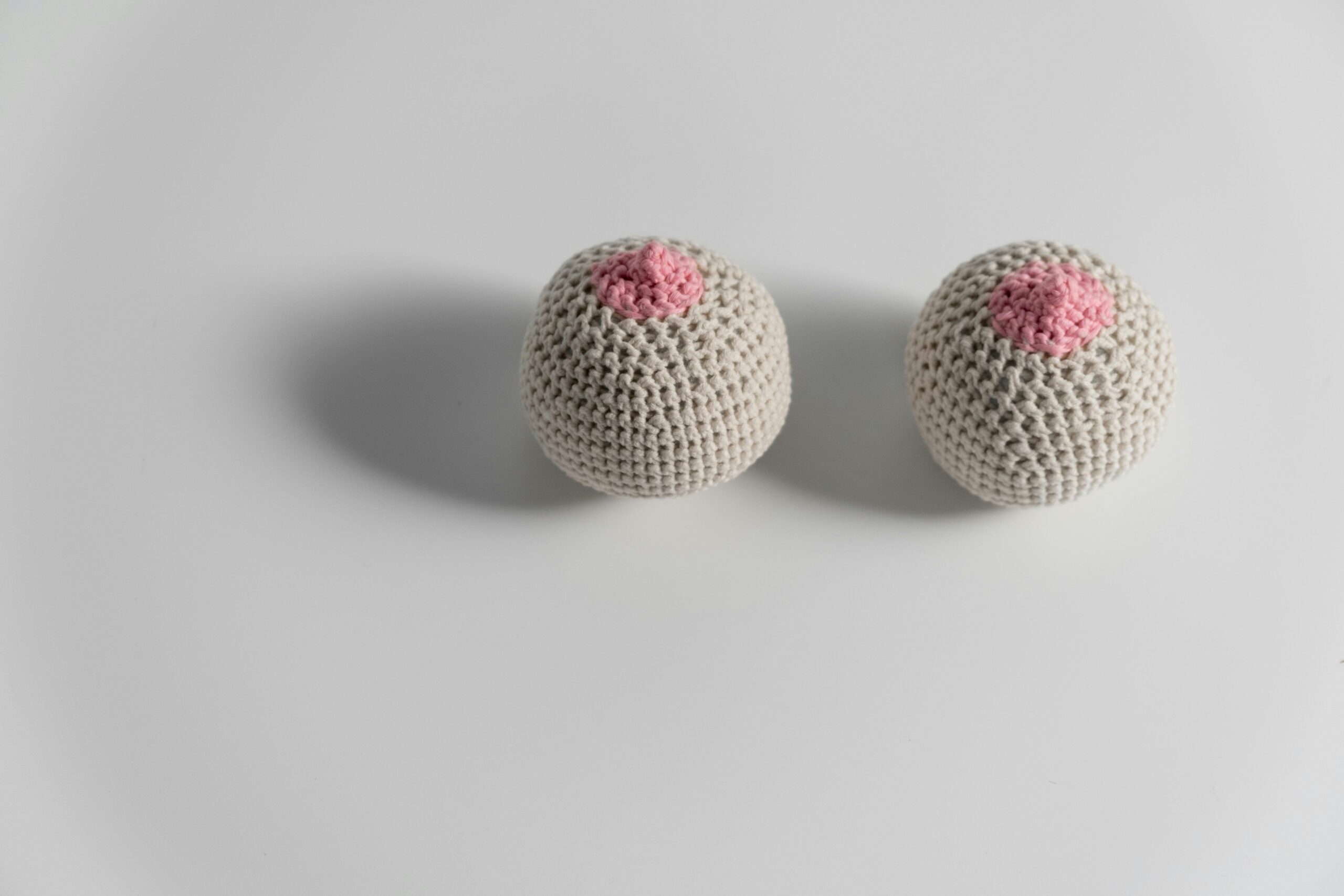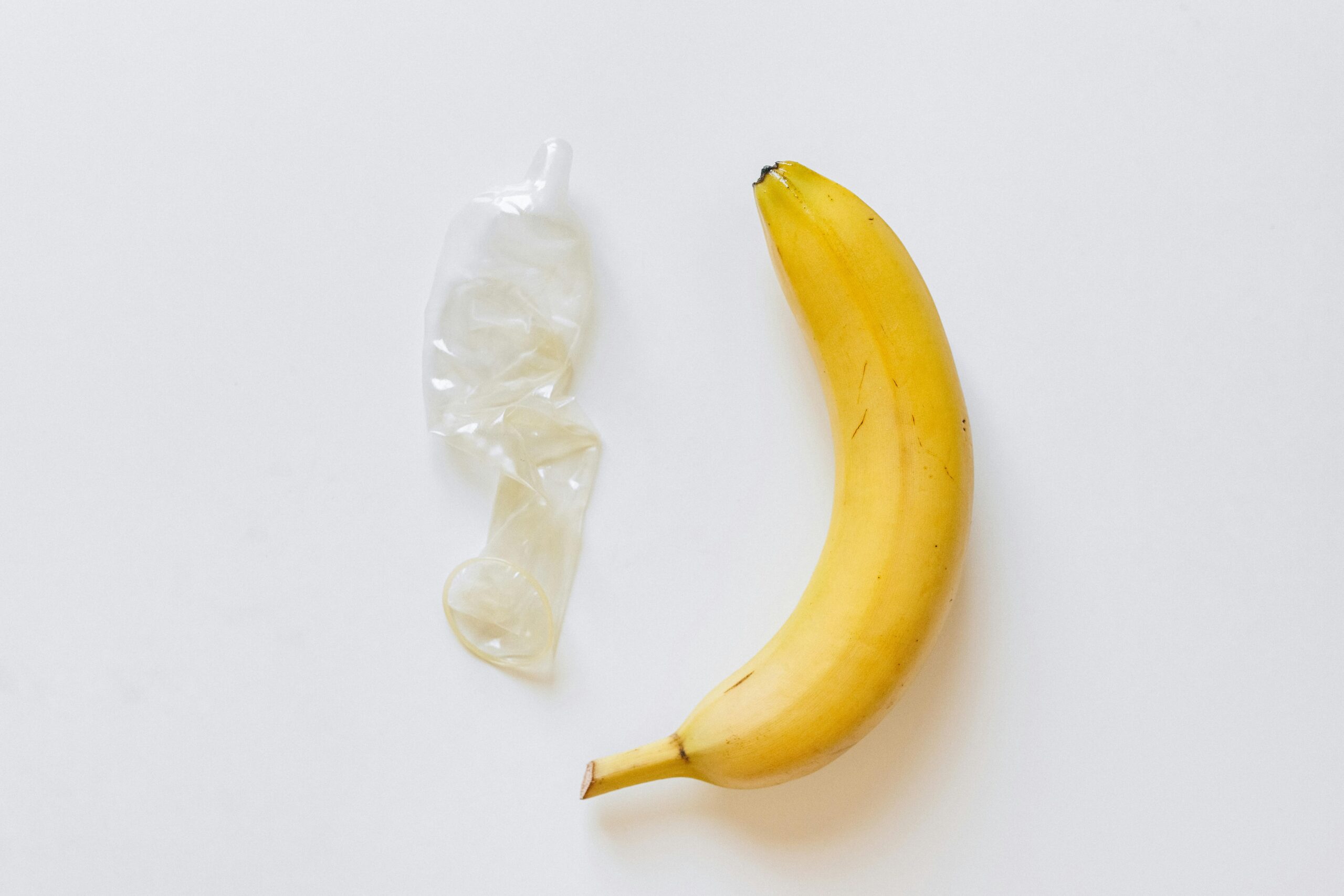
Can a pregnancy test be wrong?
In this article
What's the lowdown?
Pregnancy tests work by measuring the level of beta-human chorionic gonadotropin (hCG) in the urine
These tests are usually 98-99% accurate
Positive results are generally more reliable than negative results
How at-home pregnancy tests work
At-home pregnancy tests measure the urinary levels of beta-human chorionic gonadotropin. Human chorionic gonadotropin (hCG) is a hormone produced by the placenta during pregnancy. 20% of the hormone is released into the urine, which is tested for by your handy-dandy at-home pregnancy tests1. However, like any test, there is a small chance of error.
When should I take a pregnancy test?
If you have that inkling that you might be pregnant, the best way to know for sure is with a pregnancy test. While you can do a pregnancy test at any time, the best time to test is on the first day of your missed period. If you have irregular periods, this might be a little hard to know. So, wait till 3 weeks have passed from your last unprotected sexual encounter2.
How accurate are home pregnancy tests?
Pregnancy tests are usually 98-99% accurate2. You can get them from pharmacies and supermarkets right off the shelf without a prescription. You can even order one from Amazon like this Clearblue pregnancy test. (this is an affiliate link).
With technology nowadays, you can even get a clever pregnancy test that can even estimate how far along you are. But they are no more or less accurate than a standard test.
Alternatively, you can get free pregnancy tests from2:
- Sexual health clinics
- Brook centres (for under-25s)
- GPs
Can a pregnancy test be wrong?
Can a positive pregnancy test be wrong?
Yes, a pregnancy test can be falsely positive but this is generally rarer compared to a false negative2.
Can you get a false positive pregnancy test? What can cause a false positive pregnancy test?
Some reasons why you might get a false positive result:
- Recent pregnancy loss (small amounts of hCG are still present in the body)
- Medications: Fertility medications that contain hCG, tranquilisers, anticonvulsants, anti-anxiolytics, antihistamines, anti-nausea drugs, hypnotics and some progesterone-only pills3
- Ovarian conditions like rare ovarian cysts (corpus luteum cyst)4
- Testing too early when using assisted reproductive methods
Can a negative pregnancy be wrong?
Sometimes if you test a little too early and there are low levels of hCG in the urine, the pregnancy test might show up as a negative. Sometimes if you do not follow the instructions correctly it can also lead to a false negative result2.
What to do next
If you have a positive test
If you have a positive result, what follows depends on how you are feeling. There are different routes you can go down depending on the outcome you are hoping for.
Whatever you decide to do is completely up to you!
If your contraception has failed you there are many options on how to continue otherwise, it is time to start folic acid if you haven’t already, let your GP or midwife know and wait for your first appointment and scan5.
Negative test but think you may be pregnant
If you have a gut feeling you are pregnant, but your test is coming up as negative, wait a few more days and test again2.
Have a mix of false and positive results
Following the instructions and still getting mixed results, that can be frustrating. If there’s confusion, your healthcare professional can help. Although they’re not used often, you can have a blood test for hCG levels which will confirm pregnancy. These are usually only requested when there are possible pregnancy complications or issues with the urine pregnancy tests. Your doctor will decide whether to arrange a blood test on an individual basis – so speak to them!
Our medical review process
This article has been medically reviewed for factual and up to date information by a Lowdown doctor.







